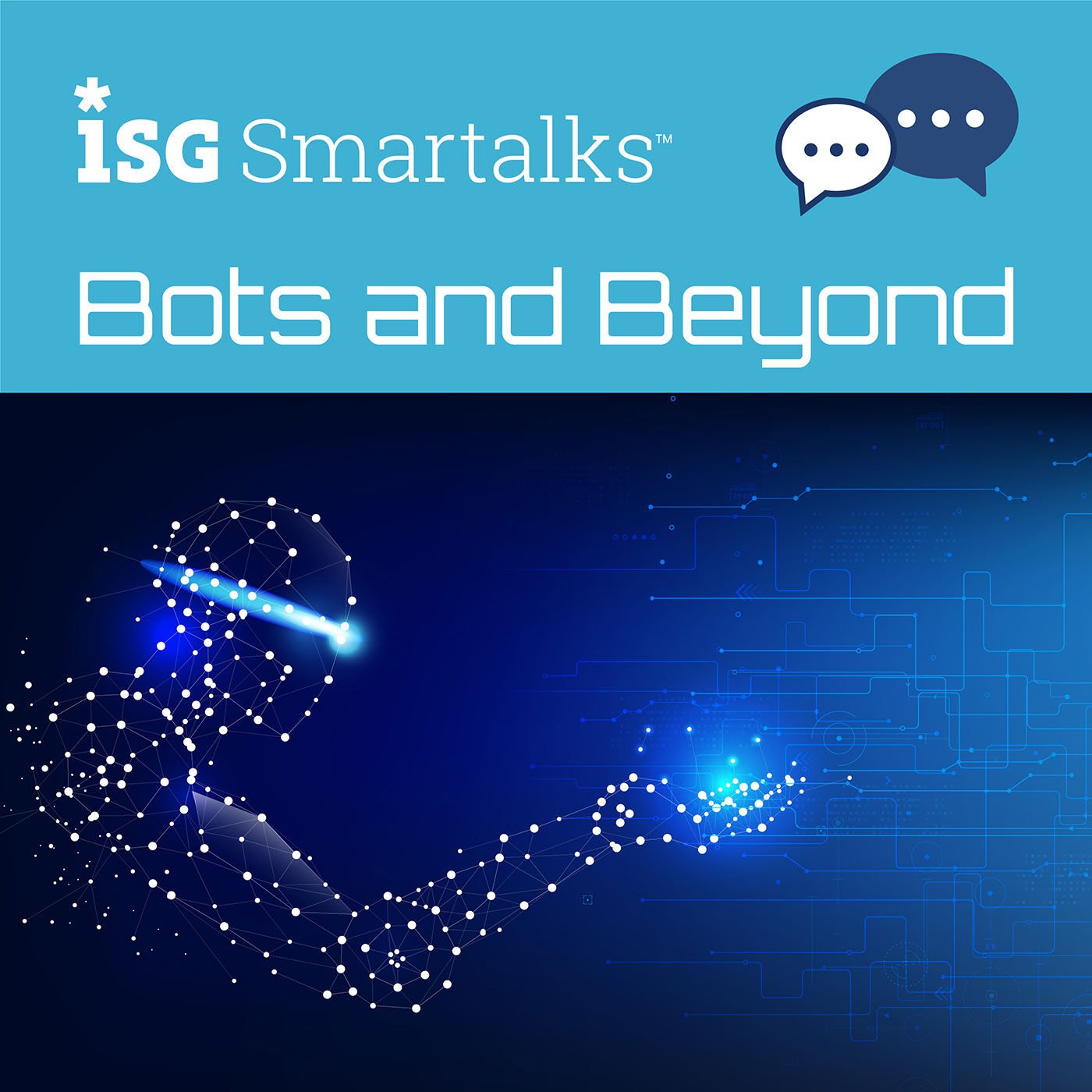The cloud-computing giant Amazon Web Services (AWS) is expanding its Indian customer base and views India as a high potential market. The recent AWS Summit 2019 in Mumbai featured a two-day event focused on partners – the AWS Partner Summit – and another focused-on customers – the AWS Global Summit.
Strategy for expansion
Keynote speakers included Conor McNamara, Head of Business Development, APAC, AWS, and Adrian De Luca, Head of Partner Solution Architecture, APAC, AWS. The event focused on customer centricity and the company’s expansion strategy in India. AWS already has a good head start in the country, with a successful partnership ecosystem of system integrators and startups. At the summit, the company defined a clear go-to-market strategy to further expand its presence across five buyer markets: large enterprises, digital native business, independent software vendors (ISVs), emerging enterprises and territory (including small to medium-sized businesses and startups).
Key announcement made to cater public sector, startup and enterprises
AWS also highlighted its plans to bring more digital technologies to its existing services, particularly its investments in artificial intelligence (AI) and machine learning (ML) products and services segment. It announced the launch of a third availability zone in Mumbai to accommodate a growing number of customers. Its CloudFront “Edge Location” continues to enhance the overall performance of enterprise web applications by delivering lower latency from a global network of “points of presence.” VMware Cloud on AWS addresses the need for private cloud, seamless migration and other services. Availability of VMware on AWS would deliver a digital foundation to support the digital transformation journey of both customers and partners.
The following are the key takeaways of the AWS Summit 2019:
Cloud economics for workload migrations. AWS helps organizations unlock the value of their cloud investments by allowing proactive cost management on AWS, especially with enterprise workload migrations of products like SAP, Microsoft and Oracle. This is delivered by a specialized team at AWS called the Cloud Economics team, which educates customers on how to run cloud initiatives efficiently (cost + other benefits) to achieve compelling business benefits, including operational resilience, improved staff productivity and business agility. The AWS Cloud Economics team works with clients to help their IT, finance, procurement and business teams to achieve substantial benefits in cloud operations.
A growth journey with partner-enablement program. The AWS Partner Network (APN) has tens of thousands of APN Partners from across the globe, with more than 35,000 new APN Partners just since January 2016. Over 60 percent of APN Partners are headquartered outside the US, with India accounting for more than 50 percent of all new APAC-headquartered APN Partners. Revenue influenced and generated by AWS MSP Program Partners grew by over 90 percent year over year – a testament to the company’s increasing focus on its partner ecosystem. AWS APN has disrupted the outmoded way of enabling the partner ecosystem.
The AWS mantra is to maintain a healthy partnership through an uncomplicated approach, particularly in the case of system integrators (SIs). AWS brings the best-of-breed product portfolio services to SIs, which are focused on delivering services by leveraging the best in the market. The APN also has hundreds of global infrastructure services providers and thousands of startups and ISVs across the globe. APN Partners build innovative solutions and services on AWS, and the APN network provides partners with business, technical, marketing and go-to-market support. AWS offers training, certifications and niche service offerings to startups to increase innovation on Indian soil.
Revolution with machine learning. As advances in AI and ML garner increasing interest in the market, enterprises of all sizes are focused on building solutions that improve customer service for specific verticals. AWS offers a variety of ML services, including SageMaker that enables developers and data scientists to build, train and deploy machine learning models at any scale. AWS’ AI and ML offerings are broadly classified into three layers. The topmost layer consists of the API-driven ML services that allow developers to add intelligence to an application. Developers do not have to create and train models to achieve many generic capabilities offered by these services. The middle layer is for customers with differentiated data sets, who want to build custom models. AWS provides managed capabilities that enable them to build, train and deploy machine learning models with high-performance ML algorithms. The last layer consists of the AI engines, a collection of open source and deep-learning frameworks for data scientists who want to build cutting-edge intelligent systems. More than ten thousand customers have chosen AWS ML services for accurate prediction. As the AWS AI and ML offerings are maturing globally, we expect the number of clients to double over the next few years. AWS has a long history in ML and AI with 20 years of experience and thousands of experts across the company.
Cloud coming to enterprise premises rather than enterprises going to cloud. With the growing demand for hybrid cloud, security remains the primary concern, especially for mission-critical data and high-performance computing. Enterprises also want to become agile and scalable. In principal, the modern way of running a workload is via hybrid IT and not a cloud-only solution. AWS is known for its customer/partner-focused solution offerings to drive the digital innovation journey. The strategic launch of VMware Cloud on AWS is becoming a global service as it offers to run AWS compute and storage on-premises and claims to seamlessly integrate on-premises workloads with the rest of the application in AWS Cloud. Many AWS clients are seeking hybrid IT (a cloud-like seamless integrated workload solutions) that is well suited for memory-intensive applications, such as high-performance databases, distributed web scale in-memory caches, mid-size in-memory databases, real-time big data analytics and other enterprise applications.
The battle over new-normal services will define the future of the cloud. AWS remains the dominant player of cloud servers and storage as enterprises are looking to offload their data center infrastructures. Despite reducing its price 72 times since inception, AWS reported a staggering revenue growth of 41 percent and an increase in sales to $7.7 billion last quarter from $5.44 billion a year earlier, beating the $7.69 billion average analyst estimate, according to FactSet.
What lies ahead for AWS in the Indian Market? Indian customers use AWS Cloud to reduce costs, migrate mission critical applications and enable agility, scalability, experimentation and cultural change as they move legacy debt. For instance, a leading Indian automotive manufacturer has moved more than 90 digital properties in production to AWS and realized 40 percent savings by running these digital properties at scale and benefitting from increased agility. An educational solutions company from India that moved to AWS has boosted SAP system availability to almost 100 percent and reduced the time needed to provision infrastructure from six weeks to 30 minutes.
AWS is continuing to grow its early-mover advantage, which has helped it not only disrupt the market but also continue strengthening its position as an industry leader. While AWS recognizes the immense need for public and private sector enterprises to churn out large datasets by leveraging AI and ML platforms and has adhered to all the IT standards laid out by the Indian government, the change in the IT procurement cycle in government institutions will essentially decide the fate of cloud providers.
India has a diversified startup landscape that offers many cloud-native innovative solutions. AWS is offering a pre-built platform by providing a low-cost, easy-to-use infrastructure that is needed to scale and grow any size business.
The BFSI sector is already benefiting from AWS’ large service portfolio and its smart AI/ML-enabled, cloud-native platform as it works to elevate customer satisfaction. Though AWS has proactively reduced prices to meet customer requirements, it may continue to face some challenges in India’s is relatively a price-sensitive market. Still, buyers are finding the performance of AWS systems with zero downtime help prove their worth. With changing dynamics across industries, performance increasingly will beat price, and customers in markets like India will evolve to look beyond price to business benefits.



